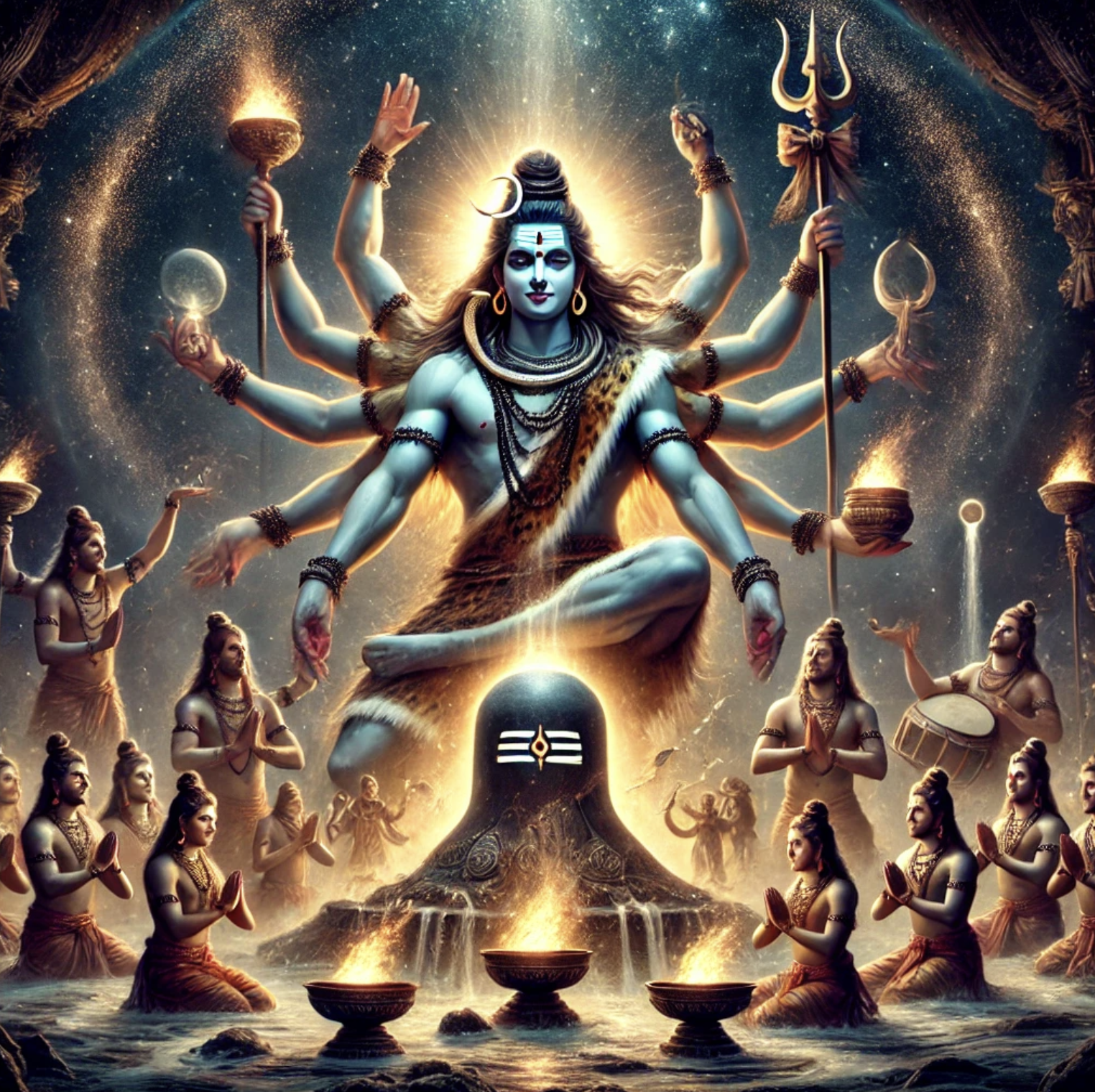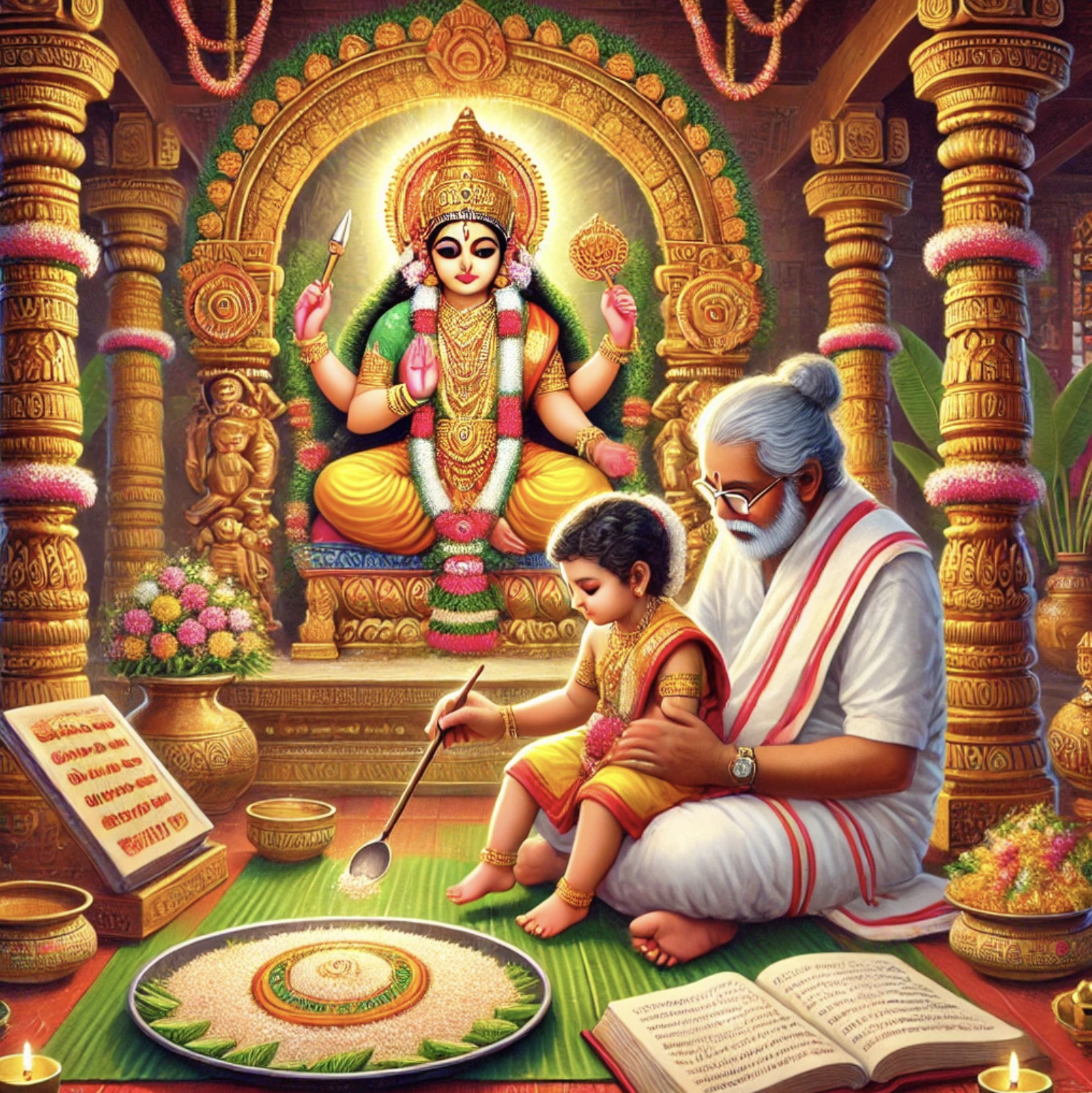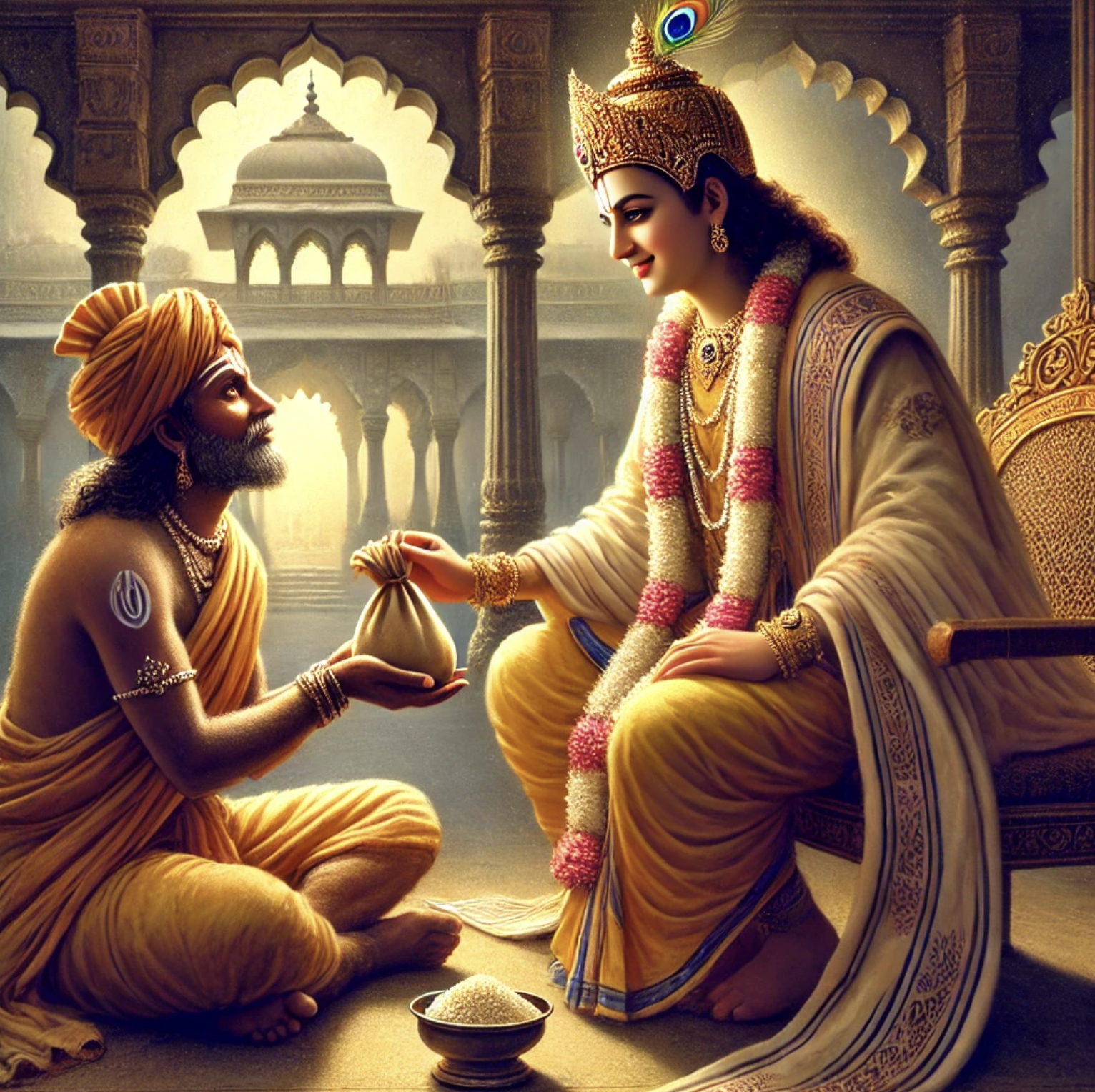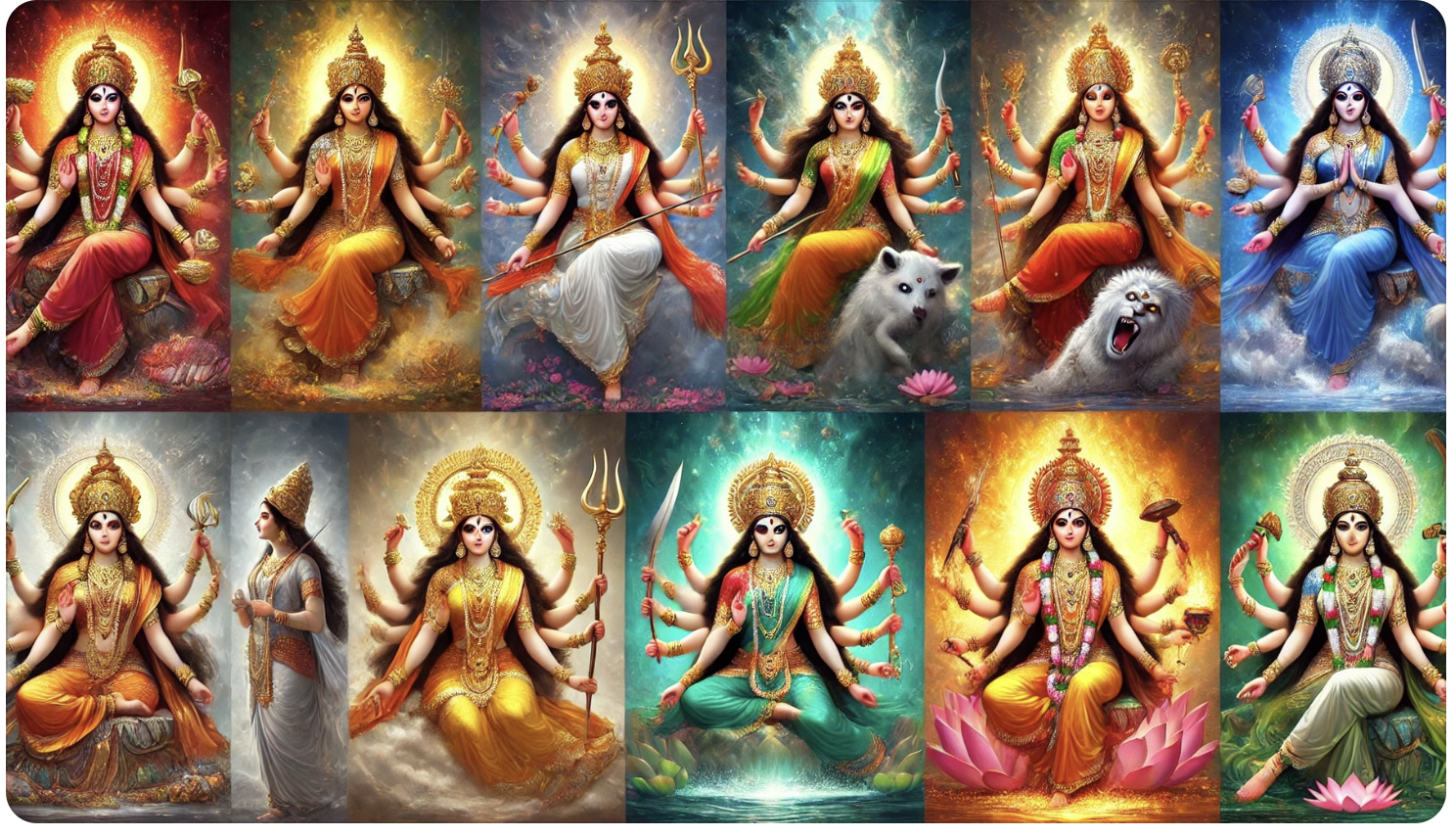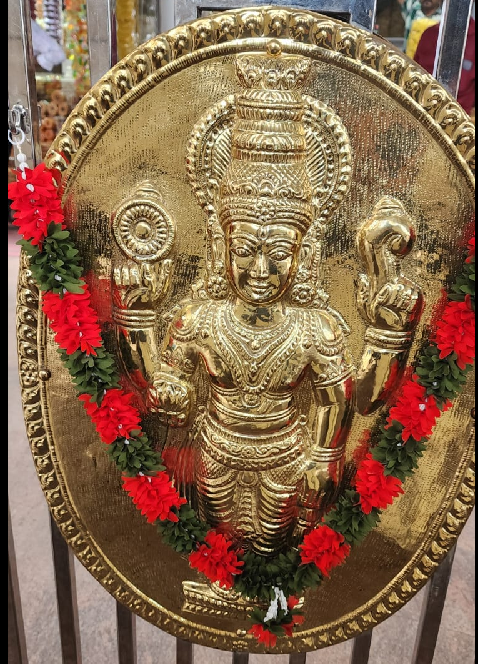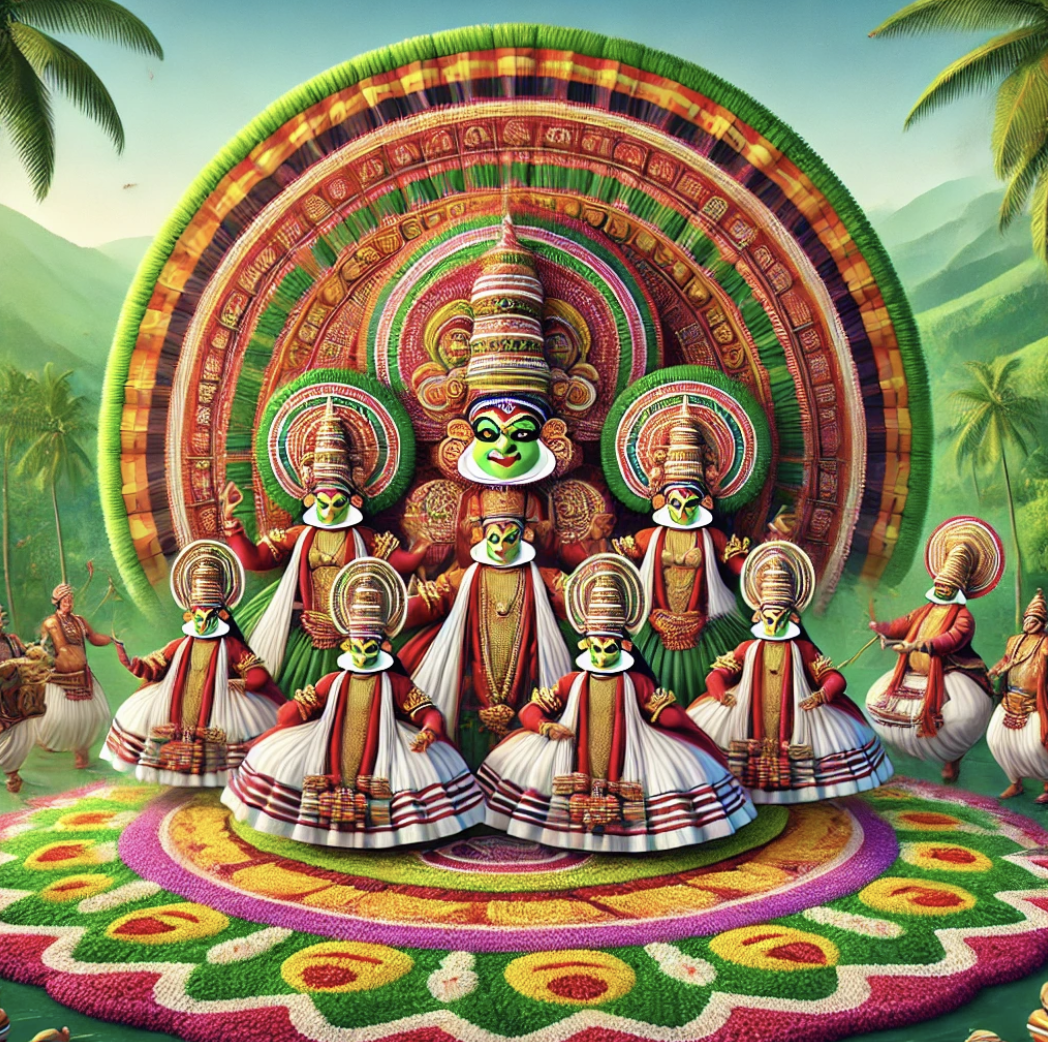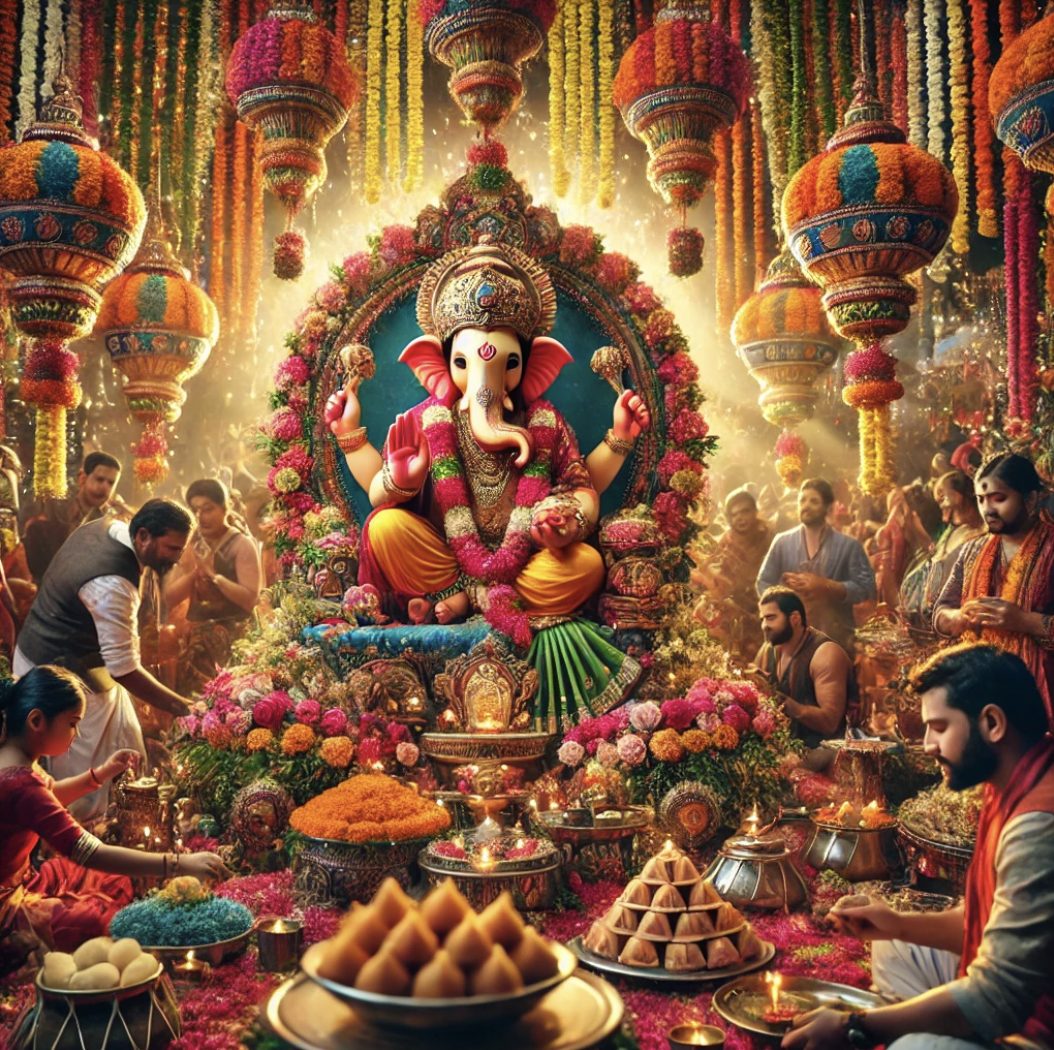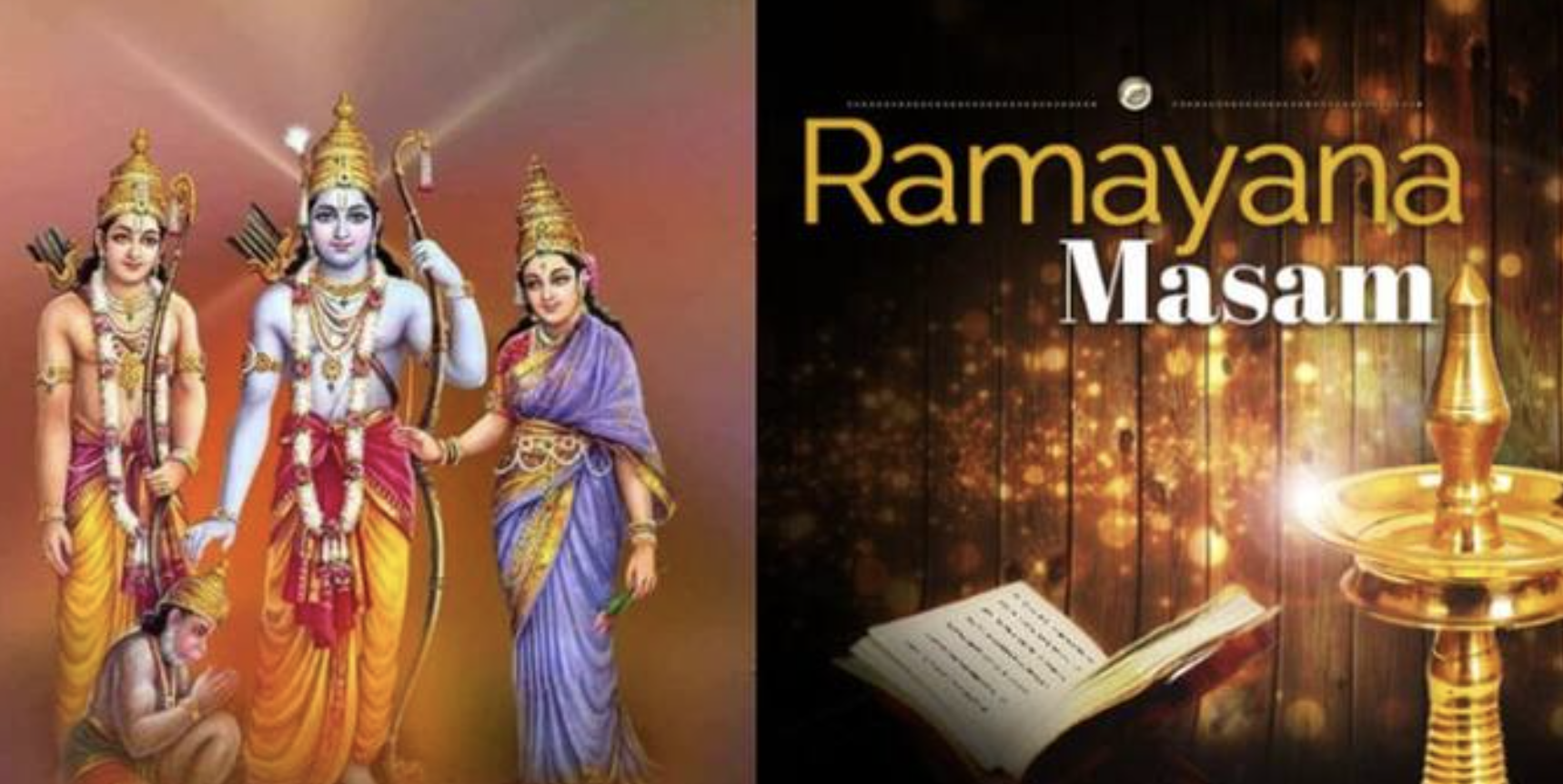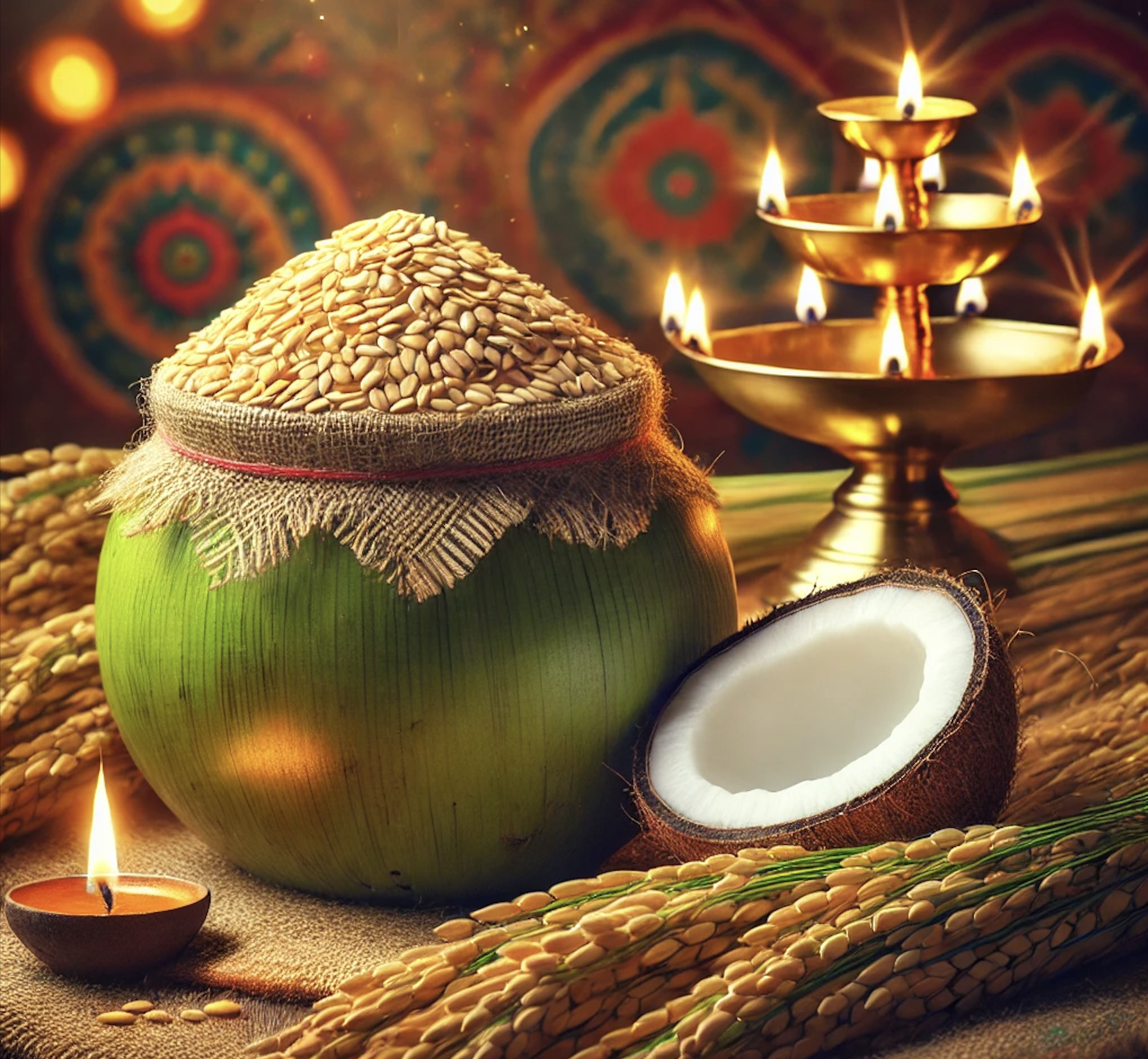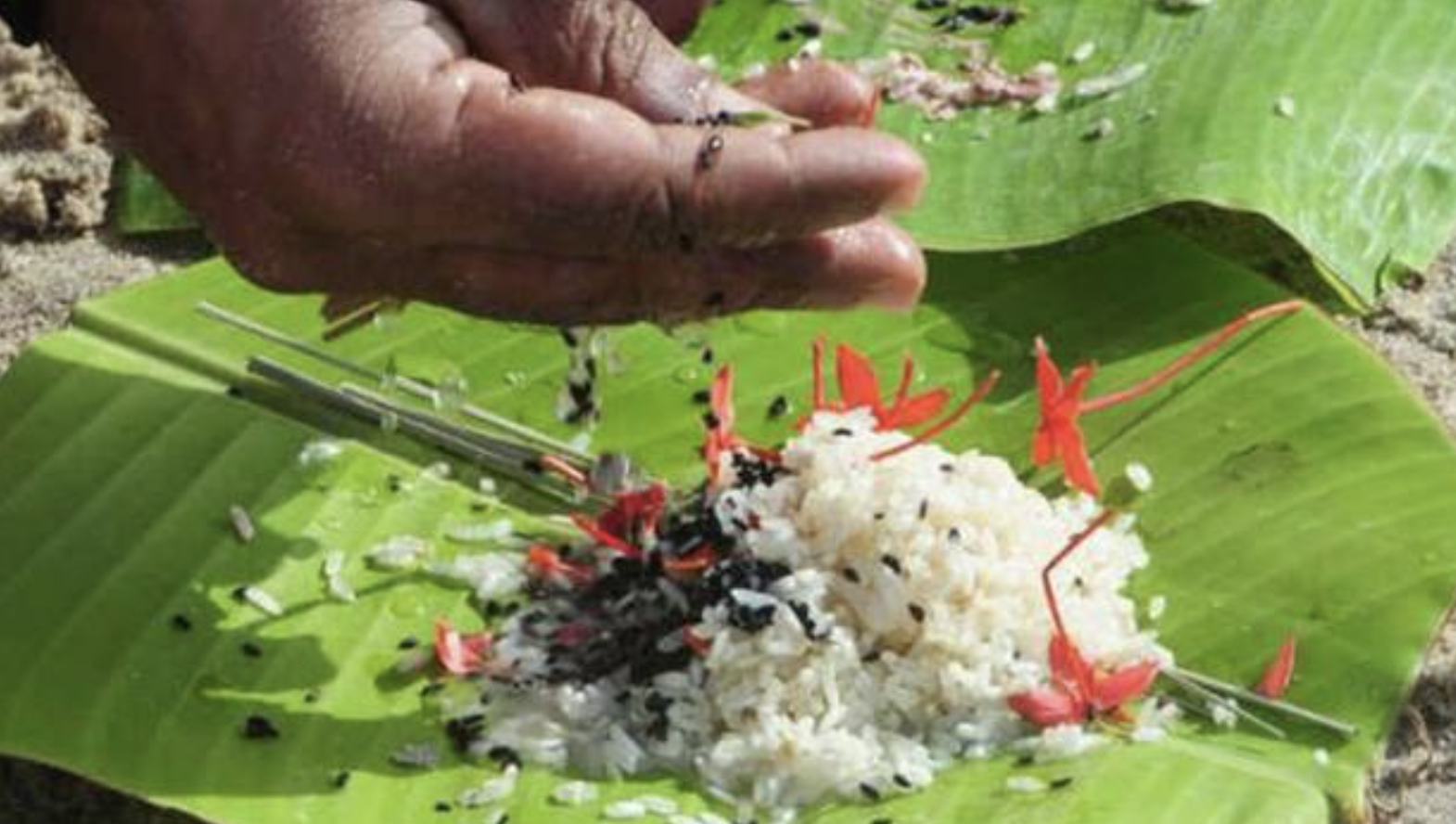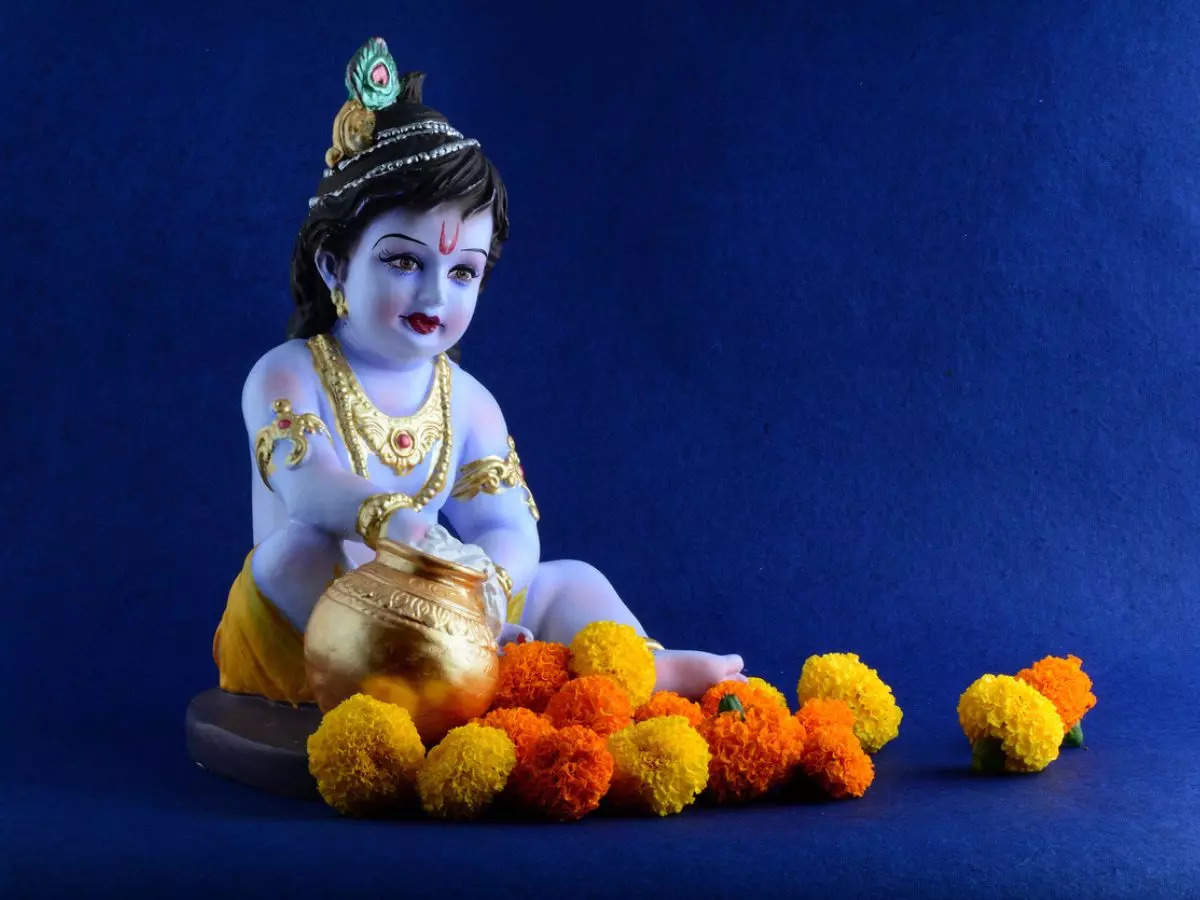
Sep 13, 2025
Janmashtami
What is Janmashtami?
Janmashtami, also known as Krishna Janmashtami or Gokulashtami, is a Hindu festival that celebrates the birth of Lord Krishna, one of the most revered and popular deities in the Hindu pantheon. The festival is celebrated across India and other parts of the world by Hindus, particularly followers of the Vaishnavism tradition.
Significance of Janmashtami:
Janmashtami is an important festival for Hindus as it celebrates the birth of Lord Krishna, who is considered to be an incarnation of Lord Vishnu, one of the three main deities in Hinduism. According to Hindu mythology, Lord Krishna was born in Mathura, a city in Uttar Pradesh, India, to Devaki and Vasudeva, who were imprisoned by the evil King Kamsa, Devaki's brother. It is believed that Lord Krishna was born at midnight on the eighth day (Ashtami) of the Hindu month of Bhadrapada. Lord Krishna is revered for his teachings, which emphasize the importance of devotion, love, and righteousness.
History and Origin of Janmashtami:
The origins of Janmashtami can be traced back to ancient times when Lord Krishna was born. However, the festival as it is celebrated today has evolved over time and has been influenced by various religious and cultural traditions. In India, the festival has different customs and practices in different regions. In northern India, particularly in Mathura and Vrindavan, where Lord Krishna spent his childhood, the festival is celebrated with great fervor, and people organize colorful processions, decorate their homes and temples, and engage in devotional singing and dancing.
Culture and Celebrations of Janmashtami:
Janmashtami is celebrated with great enthusiasm and devotion by Hindus all over the world. The celebrations typically begin a few days before the main day of the festival, with people fasting, praying, and engaging in acts of charity. On the day of Janmashtami, devotees observe a day-long fast, which is broken only at midnight, the time of Lord Krishna's birth. They also prepare special dishes, such as 'panjiri', 'puri', 'halwa', and 'ladoo', which are offered to Lord Krishna as part of the celebrations.
Devotees also decorate their homes and temples with flowers and colorful decorations and create 'jhankis' or tableaus depicting scenes from Lord Krishna's life. Temples and shrines dedicated to Lord Krishna are decorated with lights and flowers, and people gather there to offer prayers, sing devotional songs, and perform 'aarti', a ritual of worship involving the offering of light and flowers.
Another popular tradition associated with Janmashtami is 'Dahi Handi', which is observed in Maharashtra and other parts of India. In this tradition, a clay pot filled with curd, butter, and other sweets is suspended at a height, and teams of young men and women form human pyramids to reach the pot and break it. This tradition is said to symbolize Lord Krishna's love for butter and his playful nature.
Conclusion:
Janmashtami is a festival that celebrates the birth of Lord Krishna, who is revered by Hindus for his teachings of devotion, love, and righteousness. The festival is a time for fasting, prayer, and offering of special foods and sweets to Lord Krishna. It is also a time for joy, celebration, and community gathering, with people engaging in singing, dancing, and other cultural activities. Janmashtami is a festival that reflects the rich cultural heritage and spiritual traditions of India and promotes values of love, compassion, and unity among people.

